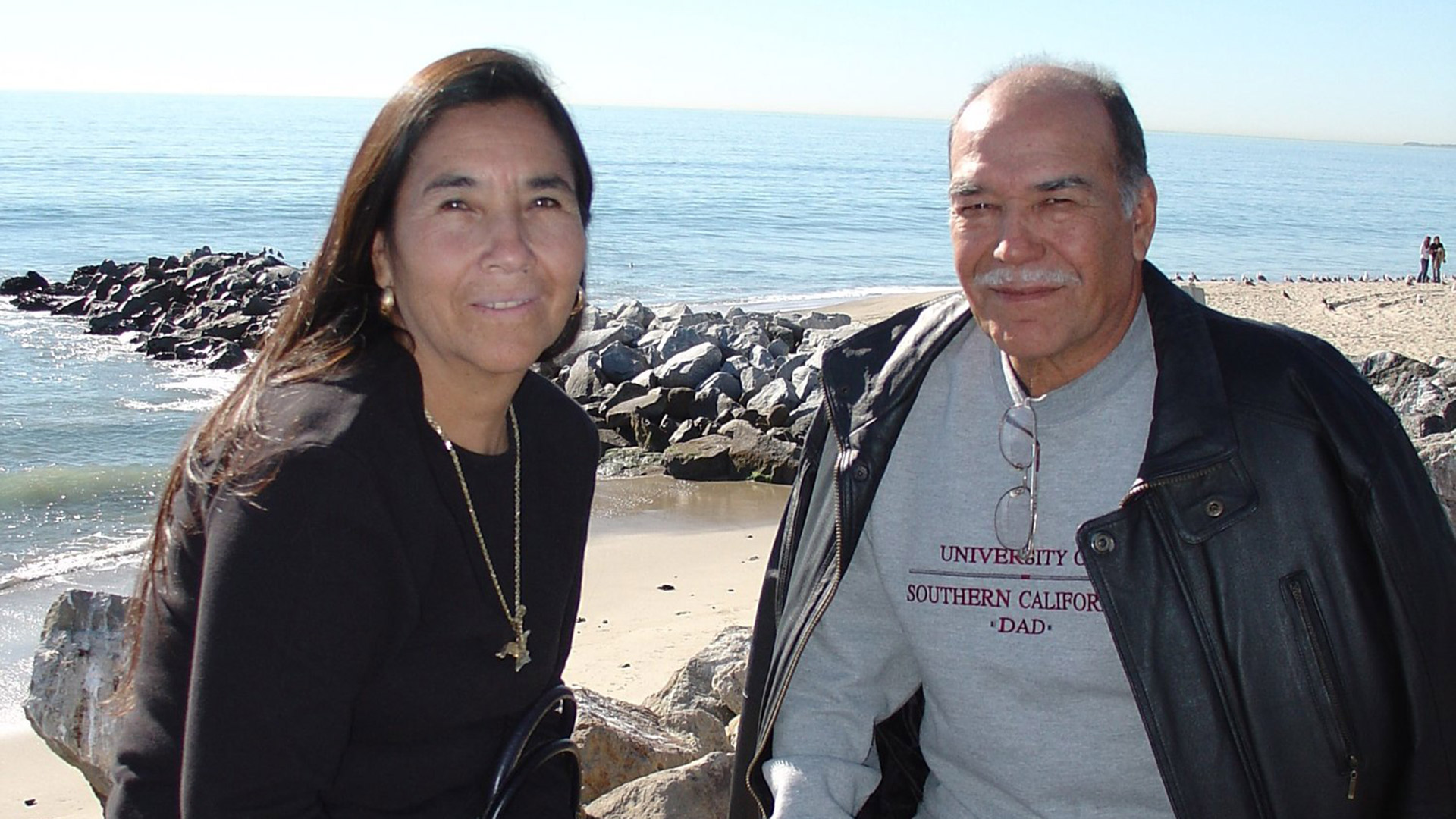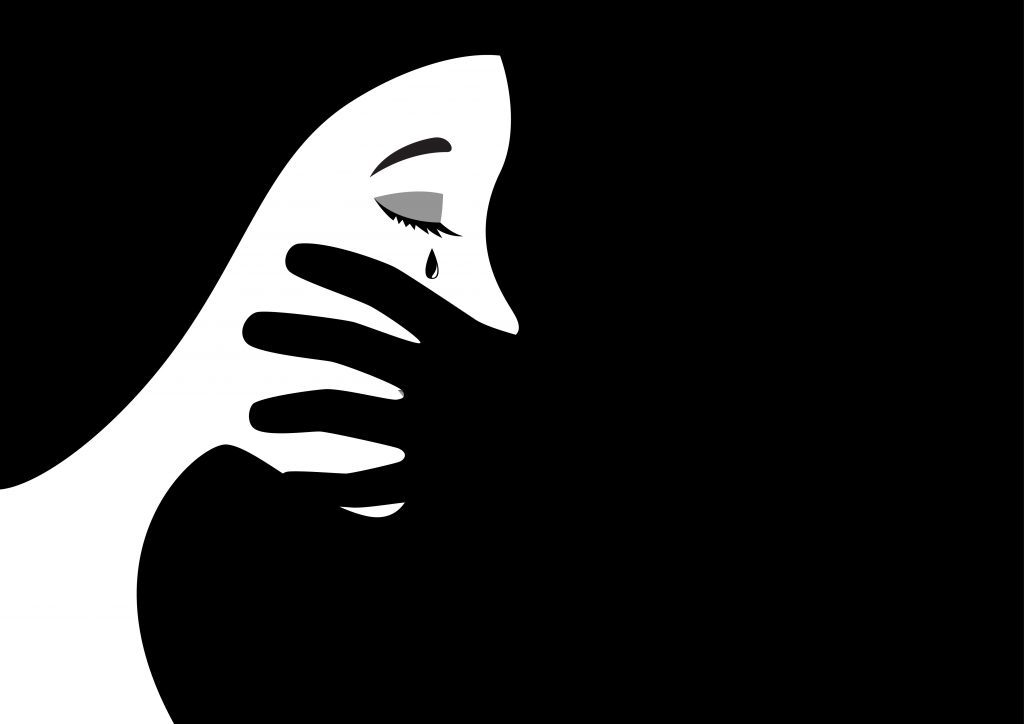
About Pánfila
Pánfila Domestic Violence HOPE Foundation, founded by Dr. María E. Garay-Serratos, is a non-profit organization focused both on advancing the science and educating the public about the consequences of domestic violence (DV)- head trauma, traumatic brain injury (TBI), and DV-chronic traumatic encephalopathy (CTE).
Are we Ignoring a Silent Pandemic of DV-TBI and DV-CTE?
The Relationship Between Nonconcussive Head Impacts and CTE – Risks for the DV Population
Current brain science has found an emerging and frightening realization that repeated and cumulative nonconcussive head impacts can lead to a downward spiral of debilitating symptoms of depression, dementia, rage, and tragically, suicide associated with chronic traumatic encephalopathy (CTE). In fact, numerous scientific independent, international studies have found an correlation between nonconcussive head impacts and CTE. In the Unites States, CTE has been found posthumously among professional NFL players and military service members. Tragically, the domestic violence population, largely ignored by the brain science community, is at high risk for CTE.
The fact that Dr. Ann McKee said Maria P. Garay’s, “Alzheimer’s and CTE were both very severe by the time of death, and then compounding that is just this incredible loss of nerve cells and white matter fibers, the likes of which I’ve never seen in CTE or in Alzheimer’s disease…” points to a potential reality that the domestic violence population maybe also experiencing CTE symptoms preventing them from fully functioning in life. It was so bad, Dr. McKee openly shared, “I don’t know how your mom was functioning.”
To understand what nonconcussive head impacts are, it is important to comprehend what concussions are as well.
Concussions are hits to the brain that cause symptoms. Concussions have symptoms because the brain is shaken violently enough that brain cells are damaged to the point where they do not work properly.
Unlike concussions, nonconcussive head impacts do not show symptoms. More specifically, nonconcussive head impacts are below the concussion threshold: the brain is shaken, but not so violently that the damage to brain cells is severe enough to see through symptoms.
Because nonconcussive head impacts are asymptomatic, current science is unable to identify them and hence, there is no way to track the prevalence of nonconcussive head impacts until it results in CTE.
The Relationship Between Domestic Violence and Traumatic Brain Injury
However, in domestic violence episodes, victims, survivors, and thrivers, experience more than head trauma. They also experience concussions and other forms of traumatic brain injury. Concussions fall under the category of mild traumatic brain injury. Head injuries are also commonly referred to as brain injury, or traumatic brain injury, depending on the extent of the head trauma. In the United States (US), according to the Centers for Disease Control and Prevention (CDC) approximately 2.5 million head injuries are reported annually but they do not track TBI rates among the domestic violence population.
While much of the focus on TBI has centered on athletes and military veterans, DV victims constitute an under-represented cohort. One in four women will experience DV in their lifetime with higher rates among African American, immigrant, Native American, and other ethnic minority and marginalized women. The COVID Pandemic resulted in even higher incidences of DV in the US and world-wide due to a variety of variables confinement. In addition, when the Supreme Court overturned Roe v. Wade, people warned abortion bans would become another tool for people to abuse their partners. A year later, early data indicates those warnings were right.
Since 2000, research based on self-reports, has consistently found that 80 percent to 90 percent of female domestic violence victims, survivors, and thrivers have symptoms associated with TBI and have been hit in the head one or more times by their partner.
Based on CDC data on intimate partner violence showing that one in three women experience severe violence at the hands of a partner in their lifetime and the anecdotal head trauma and DV-TBI research, Dr. Garay-Serratos estimates there may be as many as 44 million domestic violence female victims, survivors, and thrivers who demonstrate signs of traumatic brain injury and possible CTE and/or other progressive neurodegenerative diseases. Alone, this is about 17-18 times greater than the published incidence of TBI according to the CDC, which does not collect DV-TBI data.
Moreover, in up to 60 percent of homes where women are beaten, children are also beaten. As many as 15.5 million American children live in families in which DV has occurred during the past year. It is estimated that of the children who suffer abuse, over 60 percent of them also experience TBI. Additionally, the most consistent predictor of domestic violence is having experienced abuse as a child, compounded with the enduring emotional symptoms of TBI and head trauma is increased aggression, which further impacts future generations and communities at large.
Among men who engage in domestic violence, a study found that 61 percent had histories of head injury. A follow-up study found that an overwhelming majority, 93 percent, of head-injured domestic violence abusers had endured their head injury prior to the first occurrence of marital abuse, with 74 percent of these men receiving the head injury before the age of 16.
Thus, domestic violence intensifies the impact of TBI and head trauma as a healthcare epidemic. However, this is just the tip of the iceberg as these low numbers do not account for 70 percent of DV cases that go unreported.
We are way past due for a serious national and global conversation to address this silent and unrecognized epidemic, potentially pandemic.
No research exists that specifically points to this pandemic. However, based on global DV statistics, we can assume that millions of women, men, and children are suffering from unrecognized, undiagnosed, and untreated DV-TBI and head trauma. They are unaware that this is why they are unable to succeed in life.
But there is hope if we work together to address this pandemic.


This Hits Home
A documentary detailing the terror of domestic violence and what we are doing to help those in need.
Volunteer Opportunity
You want to help? Donate time to help those affected by domestic violence.
Although Pánfila Domestic Violence HOPE Foundation website may include links providing direct access to other internet resources, including websites, Pánfila Domestic Violence HOPE Foundation is not responsible for the accuracy or content of information contained in those sites.

